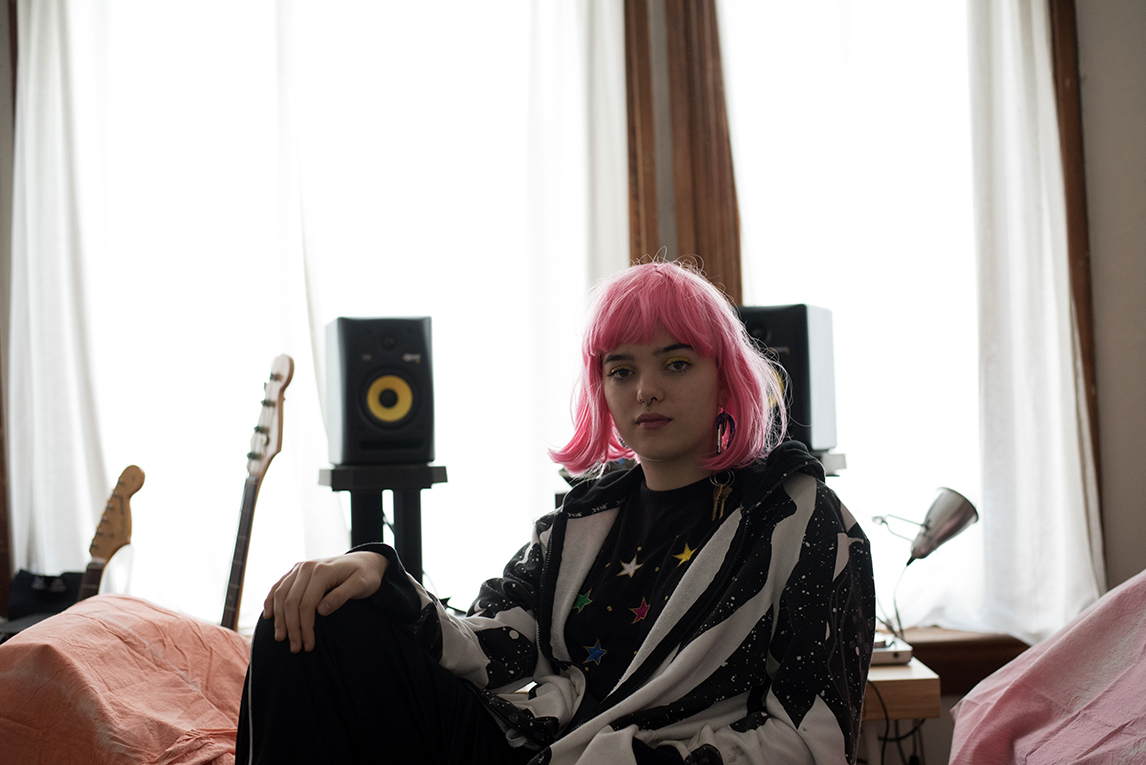Despite Vancouver having a well established arts scene, it has its discrepancies. With the lack of safer spaces available to emerging artists and marginalized groups, there is an undertone of inequality. There are a lot of DJs on the West Coast, but few opportunities for recognition and sharing. That’s where Intersessions comes in.
Intersessions is a DIY, Inclusive Sound Initiative that supports women, POC, and the LGBTQ+ community. Through programming, Intersessions offer individuals keen on the art of DJing, the opportunity to surround themselves with like-minded people and learn from peers. During three-hour sessions, bonds are created in a secure, passionate environment.
As Intersessions approaches their one-year anniversary in March, it is already expanding internationally. Rhi Blossom is Intersessions’ Vancouver ambassador, Chippy Nonstop manages Toronto, Montreal, Europe and Mexico, Ainsley Willow is in New York City, and Kathy Suarez is in Los Angeles. Discorder sat down with Intersessions co-founder Rhi Blossom to chat about their experiences, and to learn what makes Intersessions so strong.
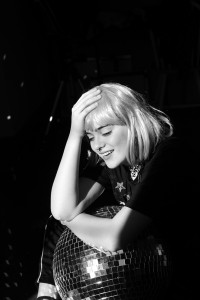
Discorder Magazine: I’m admittedly a little unfamiliar with the origins of Intersessions, can you please explain how it was created?
Rhi Blossom: Yeah, absolutely. Around this time last year, I met Chippy Nonstop [Co-Founder of Intersessions] at a club, and we connected immediately. I really looked up to her. She was the only visible, confident, non-dude I saw dominating the scene [in Vancouver]. She taught me how to DJ through Traktor, and it was a really powerful and positive experience for me. I like to say that the very first session began with Chippy teaching me and it just snowballed after that into what it is now. We’d been yearning for a platform and an opportunity to help people like us create music without so many hurdles, so we decided to create something together.
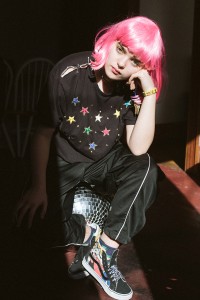
DM: So, what was the prompt that really pushed you to want to create this initiative?
RB: I had guys offer to teach me, but it’s just a different energy. I don’t feel comfortable around most men, and it’s not always their fault, but I feel that way from my own past experiences. Having met someone like Chippy, who was able to teach me, created the ability for me to go forward and create the same experience for other people on a much wider scale.
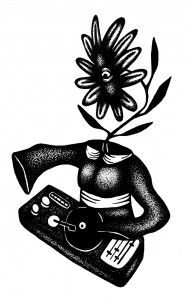
DM: Why do art scenes need initiatives like Intersessions?
RB: There just isn’t a lot out there like it! There are a lot of clubs and collectives founded and run by men and those, in themselves, are their own dude-producer breeding initiatives. We’re trying to create something that doesn’t exist for underrepresented, marginalized people. That’s why [Intersessions] is continuing to be sought after, and have success: because it’s just not something that is readily available. Access to equipment is also a really big hurdle as it’s so expensive and inaccessible, so that makes Intersessions kind of a rare thing, as well, because we try to provide hands on experience with gear without it being mad expensive.
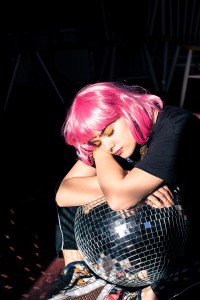
DM: So, Intersessions isn’t just a place for women, it’s also inclusive. How do you navigate the politics surrounding that?
RB: We try to take an intersectional approach with it, while also trying to be chill about it, because that sort of dialogue isn’t always accessible to people. When it’s something that’s supporting women, that’s great, but there are other things to consider, such people who are trans, people of colour, poor — these groups of people aren’t put on a pedestal, but deserve the same access opportunities 100 percent. In the past, we were very ‘for women,’ and that’s why there is confusion behind why there are not just strictly women who attend Intersessions.
We really try to be inclusive and we are also always learning about how to be better at this. When people ask questions about why we let men in, I respond with “How do you know they’re men?” Not only that, but we trust that people with more privilege will know when not to take up space, and so far it has been fairly smooth sailing in that way.
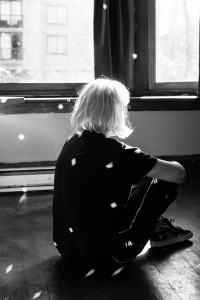
DM: What is it about other parts of the scene that are considered unsafe?
RB: Right off the bat, clubs and promoters continuing to book abusers, and not having properly trained security who actually care about guests’ well-being. People pick up on this, and crowds will go to certain spaces because they know they can get away with being shitty because the hosts get away with it, too. Intersessions is safer because we as organizers try to lead by example in our bookings and everyday action and words, so the people who support us tend to follow suit. We aren’t here to be complacent.
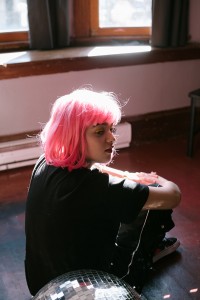
DM: What makes Intersessions workshops so unique?
RB: I feel like whenever people come, they learn about so much more than just DJing, they also learn about the complexity of the issues people face within this world, in relation to gender, sexuality, race, class, etc. If teaching DJing can be a vessel for communicating these things, then that’s sick.
Another thing is the amount of people that come simply to make friends. There is such a lack of spaces to be around diverse people, and also feel comfortable.
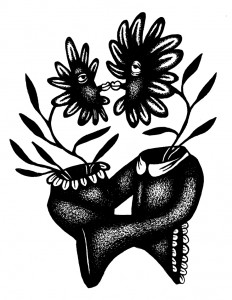
DM: What can you tell newcomers to expect from their first experience with Intersessions?
RB: Expect to be surrounded by passionate, accepting people. There is an eagerness to learn, and a wide variety of material thrown at you. It’s a lot, but it’s also exhilarating. Learning how to DJ is going to take more than three hours, so everyone fucks up or makes a bad mix, but it’s a good stepping stone to overcome, and Intersessions offers a safer space to do so.
X
Upcoming Vancouver events include the all-ages RECESS x Intersessions 1-year Anniversary Party March 15, and Pep Talk: New Party by Intersessions Vancouver team on March 17. Follow Intersessions on social media for more event details: /intersessionsinfo on Facebook, @intersessions on Instagram, and @inter_sessions on Twitter.


